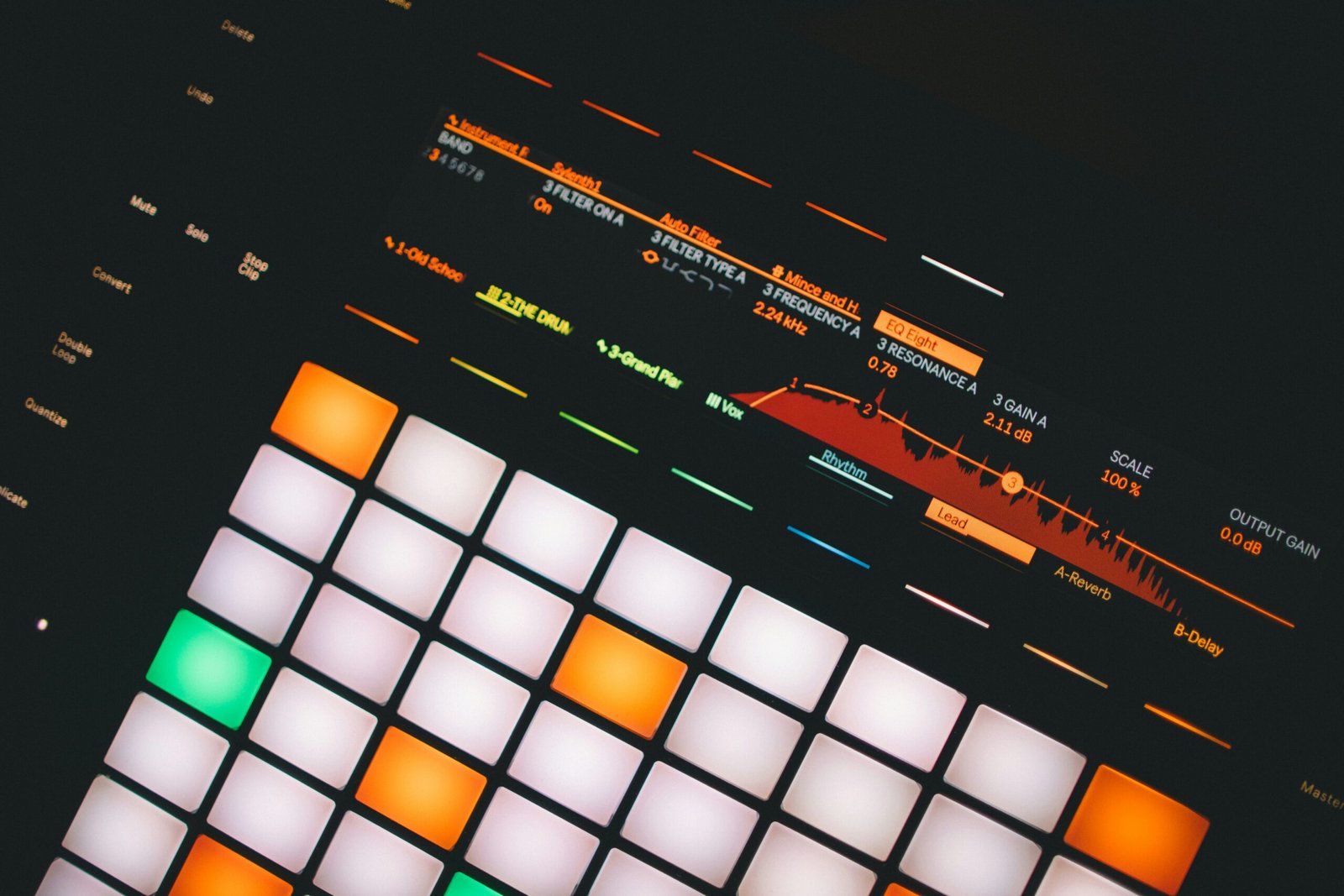Getting Started with Music Production
Embarking on a music production journey can be both exciting and overwhelming for beginners. The first step in this process is selecting a suitable Digital Audio Workstation (DAW). Your choice of DAW is crucial as it serves as the central software for recording, editing, and producing music. Popular options include Ableton Live, FL Studio, and Logic Pro, each offering unique features tailored to different styles of production. It is advisable to explore these options through trial versions to determine which interface aligns best with your workflow.
Once you have chosen your DAW, equipping yourself with the right tools is essential. A good microphone is a foundational element for capturing high-quality audio. Whether you are recording vocals or instruments, investing in a decent condenser microphone can make a noticeable difference in clarity. Additionally, an audio interface is pivotal for connecting your microphone to your computer, allowing for better sound quality and reduced latency during recording. Headphones or studio monitors are equally important; closed-back headphones are recommended for tracking, while studio monitors provide an accurate representation of your mix.
Beyond hardware, sound design is a critical skill for any aspiring music producer. Familiarize yourself with synthesizers and sample libraries to create unique sounds that will enhance your projects. While it may seem daunting, learning fundamental music theory can significantly improve your compositions, giving you insights into chord progressions, scales, and rhythm. As you gain confidence in your production skills, experiment with various genres and styles. Starting with simple projects will allow you to gradually incorporate more complex techniques, ensuring a comprehensive understanding of music creation. Engage with your creative process and take the time to explore the tools available, ultimately leading to a rewarding music-making experience.
Advanced Techniques for Refining Your Music
As musicians progress in their craft, the transition from basic music-making to more advanced techniques becomes crucial for enhancing their skills and creativity. One of the cornerstone aspects of refining your music is mastering the processes of mixing and mastering. Mixing involves blending individual tracks, while mastering ensures the final output is polished and ready for distribution. To develop a keen ear for these processes, it is essential to engage in critical listening. This involves paying attention to the balance, clarity, and dynamics of the music. Over time, honing this skill will substantially improve your production quality.
Using plugins effectively is another way to elevate your music production. From equalizers to reverb and compression, there are countless plugins available that can manipulate sounds creatively. Learning to utilize these tools to enhance specific elements of a track will add depth and uniqueness to your compositions. Experimenting with different effects can also inspire fresh ideas and encourage innovative sound design.
Collaboration with other musicians presents an invaluable opportunity to expand your creative horizons. Engaging with varied perspectives can inspire new approaches to arrangement and composition. The exchange of ideas often leads to unique musical solutions that can refine individual styles and techniques. Encourage open dialogues with collaborators, focusing on shared goals to foster an environment ripe for creativity.
Additionally, seeking constructive feedback is a vital part of the music-making process. This includes actively requesting critiques from peers or mentors that can help uncover blind spots in your compositions. Integrating self-critique practices also promotes growth; regularly revisiting your work with a critical mindset ensures you continuously refine your techniques. In this ever-evolving field, maintaining an ongoing learning attitude will not only enhance your skills but also enrich your overall music-making journey.

